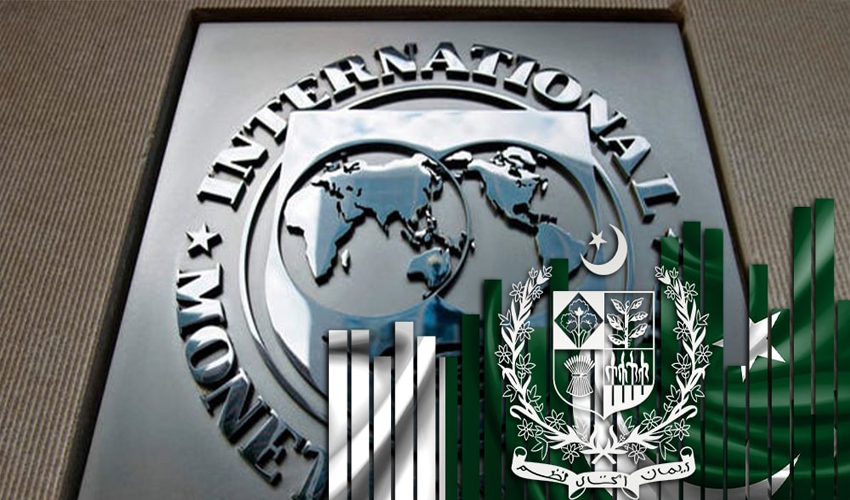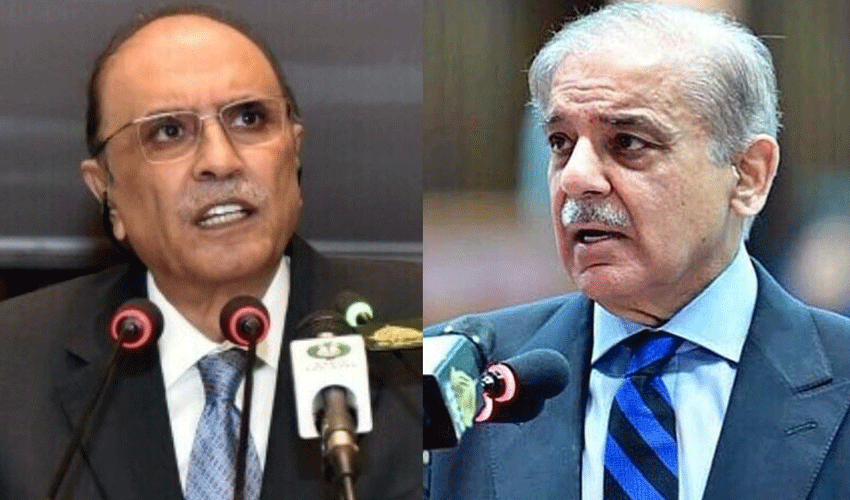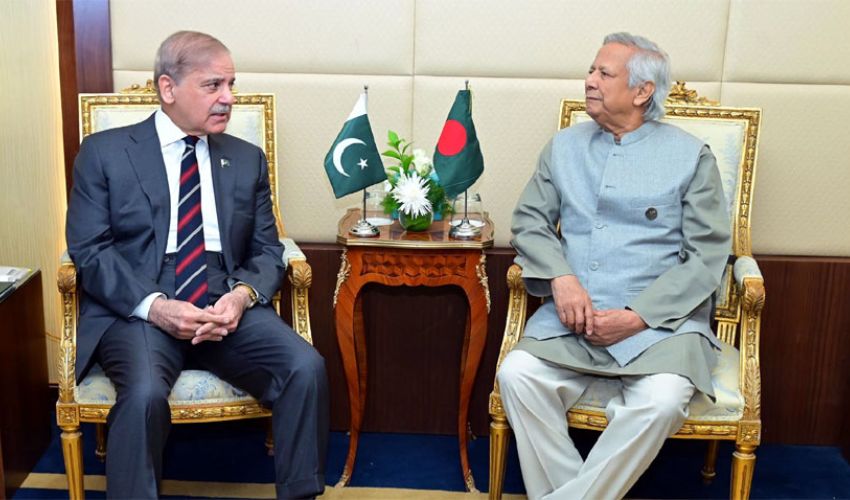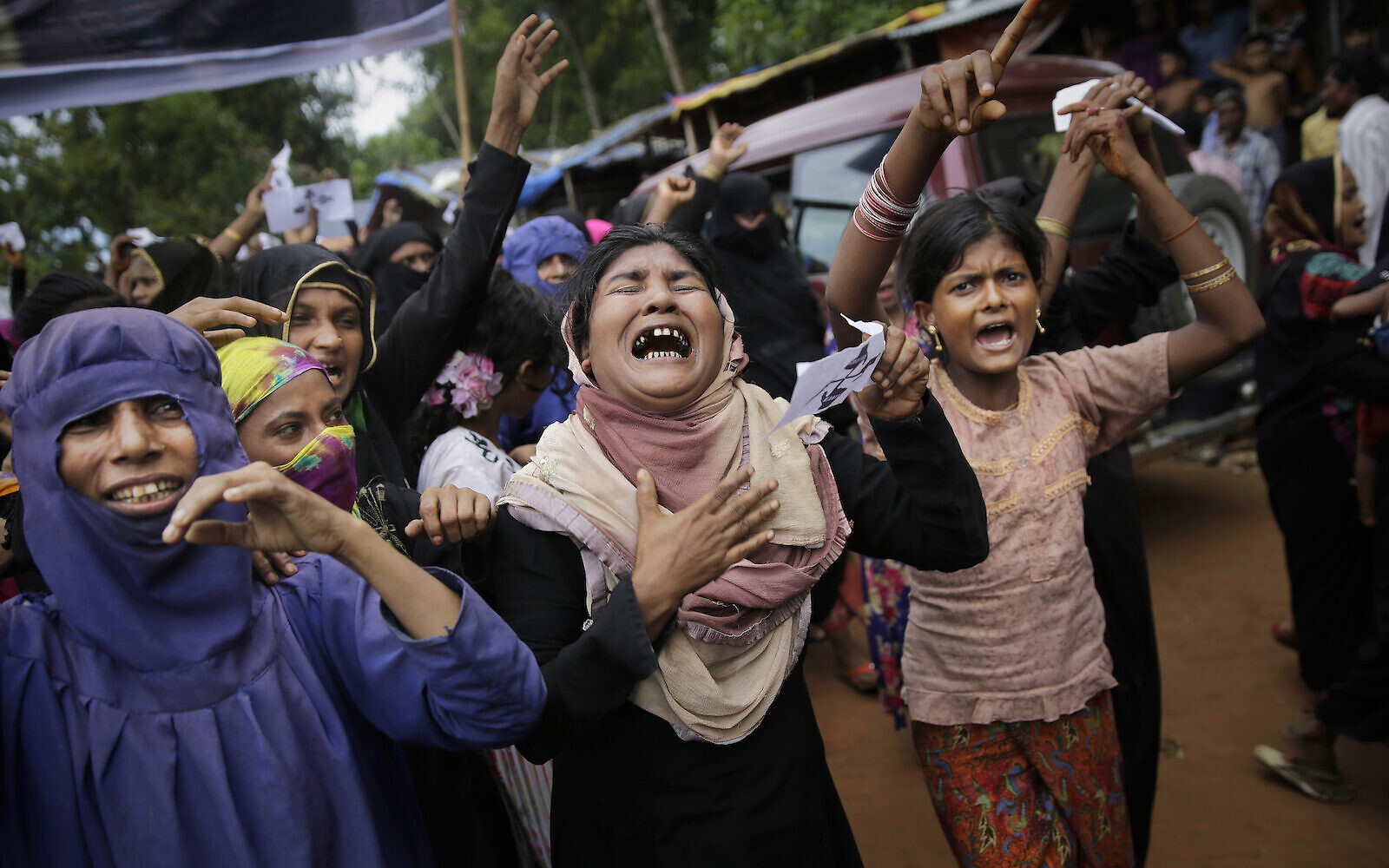The International Monetary Fund (IMF) has demanded Pakistan further increase gas prices on a half-yearly basis starting in June.
According to documents obtained, the government has assured the IMF of timely increases in electricity and gas tariffs as part of its agreement with the international financial institution. A comprehensive plan for full cost recovery from consumers has been drafted to address the circular debt issue plaguing the gas sector, which stood at a staggering Rs2,083 billion as of January.
Furthermore, the government has committed to implementing reforms to reduce the circular debt or maintain stocks in the fiscal year 2024-25.
Also Read: IMF’s country report acknowledges Pakistan’s economic improvement
On the other hand, the circular debt in the power sector remained over Rs2,600 billion, while the IMF has also demanded measures to stop electricity theft and improve transmission system, as per the documents obtained. It has also asked for issuing a notification for the annual rebasing of the electricity tariff in fiscal year 2024-25.
The measures demanded further include revising power purchase agreements and reforms in subsidy for agricultural tube wells.
The IMF also insists on meeting the target of Rs2,300 billion circular debt in the power sector by June. In response to the IMF's demand for a uniform gas price for cost recovery, the government has assured that steps will be taken to ensure consistency across regions and industries. Disparities in gas prices for different sectors will be minimized to streamline operations and enhance efficiency.
Also Read: IMF delegation reaches Pakistan for new loan programme
The circular debt in the gas sector was recorded at Rs2,083 billion by June. The IMF has also called for all fertilizer companies to charge the full price of gas, indicating a broader push for transparency and accountability in energy pricing.
In light of these proposals, the government has assured the IMF that the difference in gas prices for various regions and industries will be reduced. However, amidst these reforms, the government has emphasized the need to protect vulnerable households from the impact of tariff adjustments.
Measures will be put in place to safeguard the interests of low-income families during the implementation of electricity and gas tariff revisions.



























